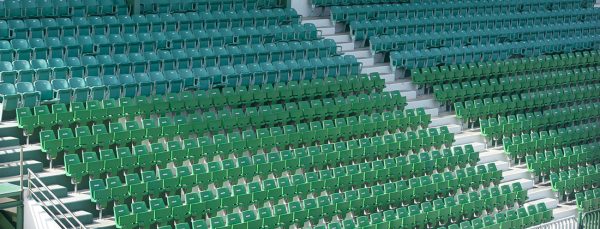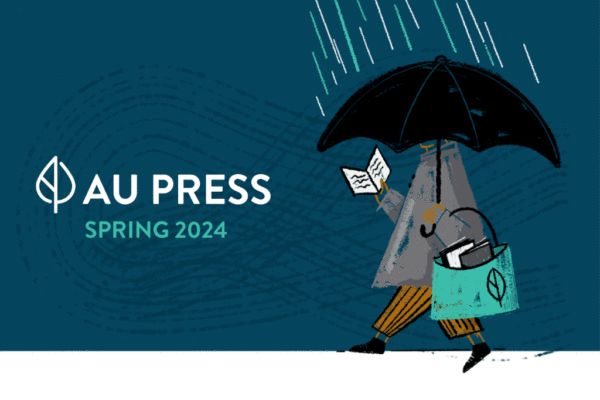*according to our forthcoming book Writing the Body in Motion.
Forthcoming from AU Press in May 2018, Writing the Body in Motion considers Canadian sport literature in the context of the classroom. Sport literature courses are gaining momentum on campuses across North America but often the secondary texts that would support the analysis of these works of sport literature don’t exist or are limited to the analysis of hockey literature. Writing the Body in Motion dives deep (pun intended) into works of fiction and poetry that use sport to discuss the making and remaking of identity, the colonial structures embedded in hockey narratives, the commodification of the backcountry, and the mythic qualities of sport.
Based on the contributions to Writing the Body in Motion, we have created a list of the top ten Canadian sport literature books!
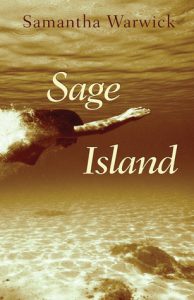 Sage Island by Samantha Warwick (Brindle and Glass)
Sage Island by Samantha Warwick (Brindle and Glass)
“The mythic dimensions of Savi’s swim are not the product of a timeless potential inherent in the water she swims in. That Savi chooses swimming for her self-journey is, in large measure, a result of historical circumstance, and the historical and material conditions of the Wrigley Ocean Marathon both make her swim possible and shape the rebirth that comes from it.” —Jamie Dopp
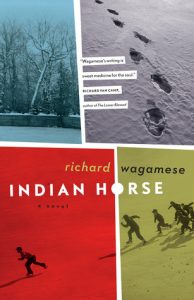 Indian Horse by Richard Wagamese (Douglas & McIntyre)
Indian Horse by Richard Wagamese (Douglas & McIntyre)
“Indian Horse does not tear down popular conceptions of hockey in Canada and offer some radically decolonial alternative in its stead; rather, in order to depict the healing journey at the novel’s core, it tears those representations open in order to expose the traumatic colonial foundations upon which hockey narratives are frequently built and which they often work to conceal.” —Sam McKegney and Trevor J. Phillips
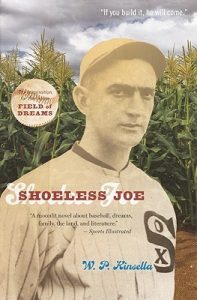 Shoeless Joe by W. P. Kinsella (Houghton Mifflin)
Shoeless Joe by W. P. Kinsella (Houghton Mifflin)
“Shoeless Joe’s focus on myth and dreaming are what draw people into the novel—and often, into sport more generally. Sport is a world where myth sometimes lives and walks and where people can form a sense of identity and community through their fandom.” —Fred Mason
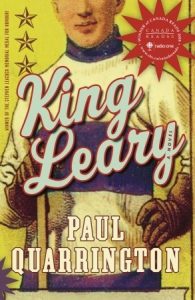 King Leary by Paul Quarrington (Penguin)
King Leary by Paul Quarrington (Penguin)
Hockey is “about the stories we tell about ourselves, about who we are as a nation, and, most importantly, about why we need these stories. King Leary is among the best representations of this psychological process that the nation has to offer.” —Cara Hedley
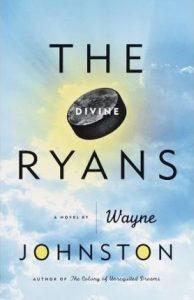
The Divine Ryans by Wayne Johnston (Penguin)
“Johnston’s novel belongs to the contemporary canon of fine sports-related fiction precisely because he explores the many possibilities sports offer in our lives, including hockey-related opportunities for a child’s intellectual growth.” —Jason Blake
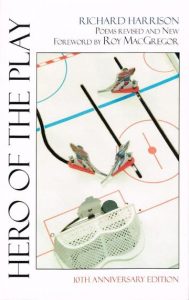 Hero of the Play by Richard Harrison (Wolsak and Wynn)
Hero of the Play by Richard Harrison (Wolsak and Wynn)
“In attempting to describe hockey through words and verse, then, Hero of the Play reminds us of the many angles from which to see and understand the game. Though Harrison’s collection deals with an impressive range of topics and perspectives, ultimately the richness of it all emphasizes how much of hockey has yet to be explored through poetry and other media.” —Paul Martin
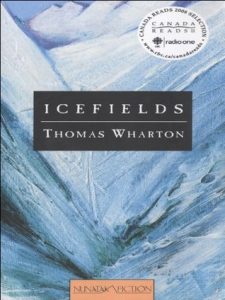 Icefields by Thomas Wharton (NeWest Press)
Icefields by Thomas Wharton (NeWest Press)
“Against the backdrop of the Jasper landscape, Wharton explores the commodification of the natural world as he charts Byrne’s journey into the embodied experience of place. Through this experience, Byrne gradually develops an understanding of the interrelationship between human beings and the rest of the natural world and of the connection between ecological and spiritual awareness.” —Cory Willard
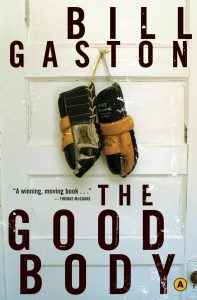 The Good Body by Bill Gaston (Anansi)
The Good Body by Bill Gaston (Anansi)
“Bonaduce’s journey towards enlightenment is more complicated than it might at first appear. Much of this complication has to do with The Good Body’s portrayal of hockey. The novel suggests that Bonaduce’s somnambulistic life is largely a consequence of his pursuit of the hockey dream, and that hockey (or at least professional hockey) is emblematic of the kind of life that might lead a person into somnambulism.” —Jamie Dopp
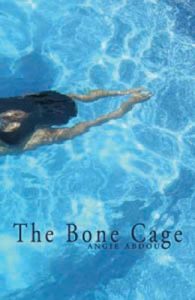 The Bone Cage by Angie Abdou (NeWest Press)
The Bone Cage by Angie Abdou (NeWest Press)
“Abdou shows the single-mindedness and internal struggle of the mythic hero-in-training in tension with the need to serve a community. And she shows that athletic excellence grows out of the pleasure in pure physical mastery, which then is often distorted and cramped by the external requirements of competition and results.” —Gyllian Phillips
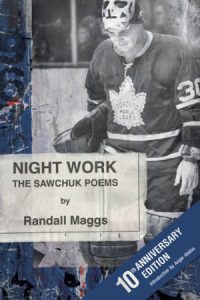 Night Work: The Sawchuk Poems by Randall Maggs (Brick Books)
Night Work: The Sawchuk Poems by Randall Maggs (Brick Books)
“Maggs’s portrait of Terry Sawchuk is so rich and three-dimensional that it is hard for any attentive reader of Night Work to close the book without thinking that, as Globe and Mail sports writer Stephen Brunt puts it plainly in his endorsement on the book’s back cover, ‘his Sawchuk is real.’” —Paul Martin
Writing the Body in Motion will be available at the end of May.

